As one of the Swine Health Information Center’s most accessed resources, swine disease fact sheets provide specific information on emerging or re-emerging pathogens. Recently updated, these facts sheets for pseudorabies virus, Japanese encephalitis virus as well as Ebola and Reston virus are now published. Newly included information encompasses disease outbreak demographics and impacts, virology and surveillance strategies, and incorporates peer-reviewed research results addressing multiple components for disease management. A key component of SHIC’s mission is to generate and communicate information for prevention, preparedness, mitigation, and response efforts for emerging swine disease threats. Providing current and up-to-date information through the curation of the swine disease fact sheets supports this mission.
The fact sheet informational framework is supported by an in-depth literature review for each respective pathogen. Each section presents pathogen-specific information such as the importance of the pathogen to the industry, public health impacts, epidemiology, pathogenesis, diagnostic detection, clinical presentation and treatment for swine, as well as steps for prevention and control. Each fact sheet covers a single disease-causing agent with pathogen-specific information.
Although US commercial swine herds have been officially free of pseudorabies virus since 2004 after a national eradication program, PRV is present in US feral swine that serve as a constant reservoir and source of the virus. The PRV fact sheet provides new details describing the differences between a recently identified variant strain in China and the classic PRV strain, including clinical presentation and risk to swine. Implications for surveillance, control measures, and potential vaccine strategies to mitigate disease are also included.
Japanese encephalitis virus is a mosquito-borne, zoonotic disease that has been recently identified as a potential emerging swine pathogen. In 2022, Australia experienced a novel outbreak of JEV genotype IV in their national swine herd populations that affected new geographic regions. The Australian outbreak spread quickly, causing significant reproductive losses in their breeding herds across areas of the country in which the virus had not previously been identified. The JEV fact sheet highlights key demographic and clinical impacts of the recent Australian outbreak in swine, public health impacts, and identifies gaps in preparedness based on recent research funded by SHIC.
Ebola virus causes a zoonotic disease that has significant human health impacts while the related Reston virus does not cause disease in humans. The new fact sheet includes updates to the terminology and taxonomy used to name the different viruses. While Reston virus has been identified in pigs, clinical signs or death due to natural Ebola virus infection has not been reported in pigs. Updated information is provided on experimental infection, transmission and detection prevalence, as well as immunity and post-exposure data for Ebola and Reston virus. The fact sheet reiterates that Reston virus should be considered a livestock pathogen with zoonotic potential and that transboundary routes of transmission could pose a risk to US swine.
Providing publicly available, science-based fact sheets supports SHIC’s mission of minimizing the impact of emerging disease threats through coordinated communication of key resources and improving swine health information. The SHIC swine disease fact sheets can be found here.
The Swine Health Information Center, launched in 2015 with Pork Checkoff funding, protects and enhances the health of the US swine herd by minimizing the impact of emerging disease threats through preparedness, coordinated communications, global disease monitoring, analysis of swine health data, and targeted research investments. As a conduit of information and research, SHIC encourages sharing of its publications and research. Forward, reprint, and quote SHIC material freely. For more information, visit http://www.swinehealth.org or contact Dr. Megan Niederwerder at [email protected] or Dr. Lisa Becton at [email protected].
Copyright 2024 | Swinehealth.org | Website by Heartland Marketing Group